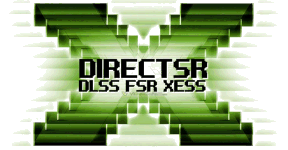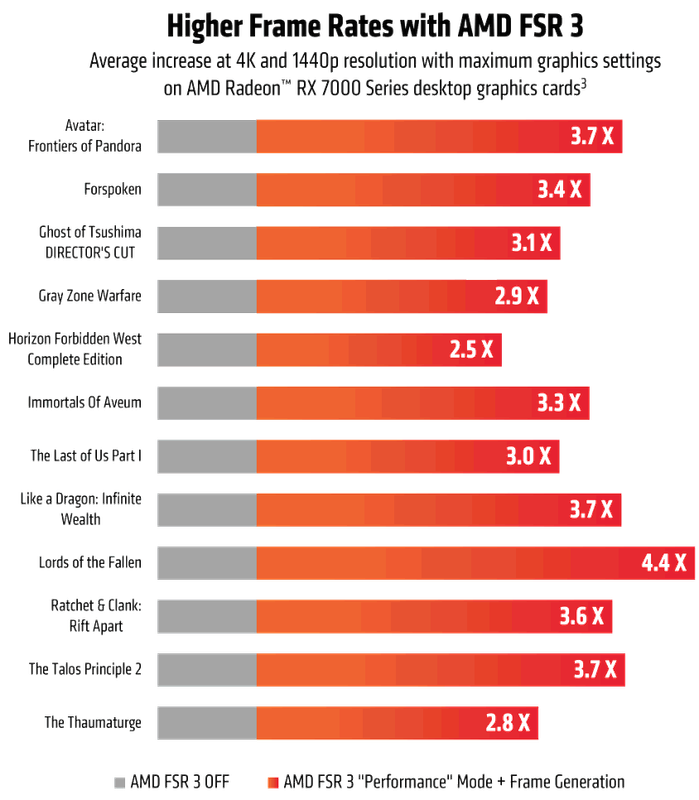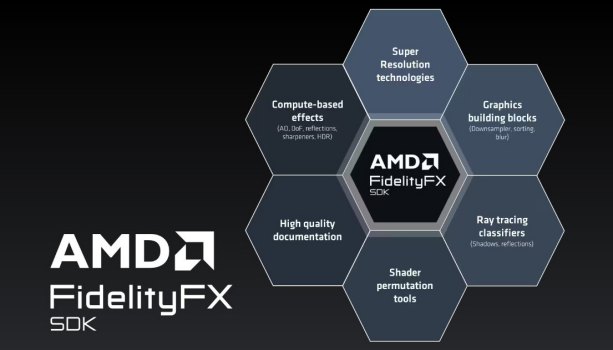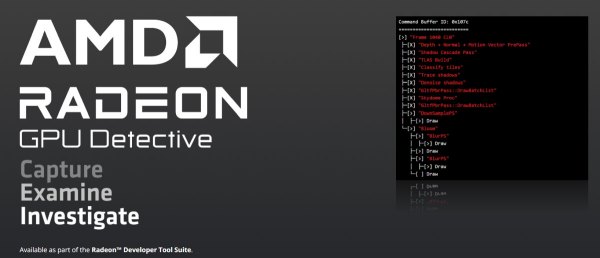Un anillo para UNIRLOS a TODOS
DirectSR [o DSR] es la mas reciente API que microsoft agrega al conjunto de DirectX-12, y esta creada en colaboracion con los tres fabricantes de GPUs en PC; RTG|AMD, nVidia e Intel, para dar soporte a las tres sistemas de Super Resolucion que manejan. De esta manera haran mas sencillo el trabajo de los desarrolladores del juego, quiene ya no tendran que pelearse en cuanto al codigo para usar dos o mas de estos sistemas SR en sus titulos. Ahora DSR se encargara de mediar entre el motor del juego y el controlador de la GPU para determinar cual es el mejor sistema SR [FSR o DLSS o XeSS] a usarse; el cual por cierto, sera el que configuremos en las opciones del juego.
Esta API estandariza el codigo con las instrucciones del SR y la API DSR se encargara de usar el codigo requerido por el GPU para esta tarea, y con esto se acortara mucho el tiempo de programacion y puesta a punto del juego.
devblogs.microsoft.com/directx/directsr-preview
 GPUOpen: FSR 3.1 y titulos de juegos
GPUOpen: FSR 3.1 y titulos de juegos 
Añgunos juegos que cuentan con el soporte a FSR 3.1, excepcion de GoW que este en desarrollo el soporte
 AMD FSR 3.1 Improvements and New Features
AMD FSR 3.1 Improvements and New FeaturesBrings significant improvements and new capabilities to enhance your gaming experience:
*
Upscaling image quality improvements:- Improved temporal stability, reducing flickering and shimmering.
- Enhanced ghosting reduction and better detail preservation.
*
Enhanced frame generation:- Decoupled frame generation technology that works seamlessly with other upscaling solutions.
*
Upgradable FSR API:- Simplified upgrades for developers to future versions of FSR.
*
Developer Support:- Added support for Vulkan® and Xbox Game Development Kit (GDK).

community.amd.com/t5/gaming/amd-fsr-3-1-now-available-fsr-3-available-and-upcoming-in-60/ba-p/692000


 GPUOpen
GPUOpen 
 GPUOpen
GPUOpen 
 GPUOpen
GPUOpen 
 GPUOpen: FSR 3.1 y titulos de juegos
GPUOpen: FSR 3.1 y titulos de juegos 


 GPUOpen: FSR 3.1.1
GPUOpen: FSR 3.1.1 